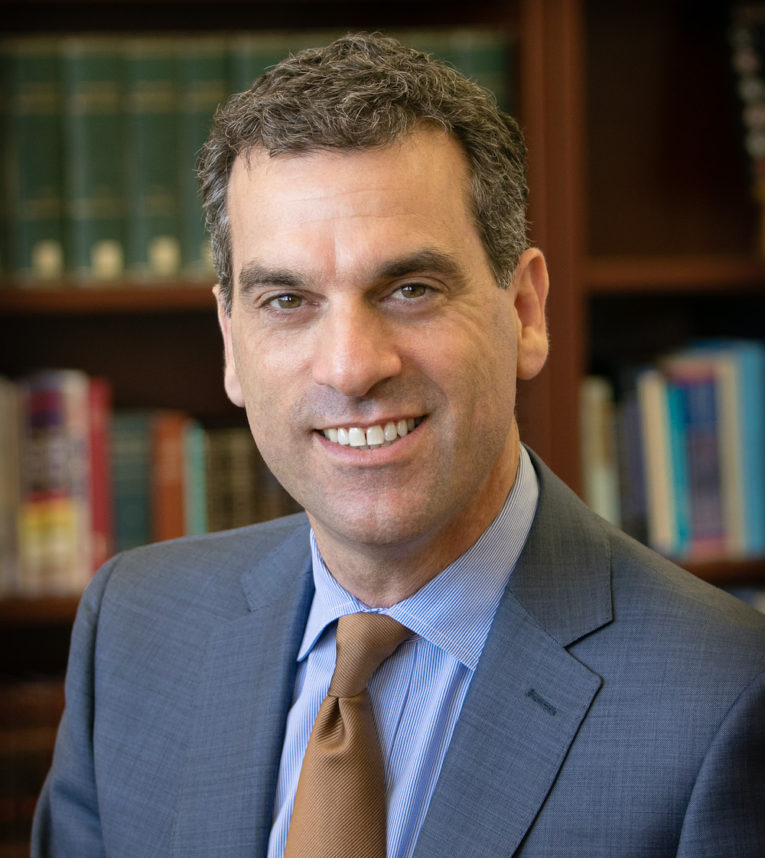Parashat Naso (Numbers 4:21-7:89)

It seems that if you scratch the surface of the latest political debate in the United States about federal funding for many governmental programs, you will find a bedrock philosophical disagreement about responsibility. Specifically, we fundamentally differ among ourselves about the balance between individual and collective responsibility as reflected in public policy.
Whatever you do, don’t look to Torah for guidance in this debate — unless you are willing to confront the maximalist, most demanding position, which puts both poles of American political philosophy to the test. Parashat Naso insists on at least five models of responsibility, falling relatively neatly across the collective-individual continuum.
First, we find the enumeration of the census process, which gave us the name for the Book of Numbers. In this procedure, the various tribes and clans march out in precise order, each to be counted according to God’s prescriptions. Additionally, each clan undertakes duties: Gershonites are porters, Kohathites attend to the Tent of Meeting, etc. Here, clans bear the burden of service for the benefit of the entire people, at collective cost, which we learn in Parashat Terumah.
Straddling the individual and the collective, personal cases of potentially contagious diseases are subject to removal from the camp by the general population. “Instruct the Israelites to remove from camp anyone with an eruption or a discharge and anyone defiled by a corpse” (Numbers 5:2). God authorizes all people to remove individuals, in light of the shared risk.
At the most individual, social level, Parashat Naso lays out basic tort law. When one wrongs another person, the offender “shall make restitution in the principal amount and add one-fifth to it, giving it to him whom he has wronged” (Numbers 5:7).
The gamut extends even deeper, into the most intimate relations between husband and wife. Here we find one of Torah’s most troubling passages, in which a woman suspected of adultery must undergo the crudest of ordeals. After preparing a “bitter” brew, the priest recites a formula — almost an incantation. “If no man has lain with you … be immune to harm from this water of bitterness that induces the spell. But if you have gone astray … may the LORD make you a curse and cause your thigh to sag and your belly to distend” (Numbers 5:19-21). Adding insult to injury, the woman must accept these terms and reply “Amen, amen” (Numbers 5:22).
Perhaps at the most individualized level of responsibility possible, the Nazirite owes fealty to none but his own vows and, of course, to God. In the course of fulfilling this now-defunct practice of temporary asceticism, the Nazirite must abstain from drink and not cut his hair. In avoiding dead bodies, additionally, he cannot even attend to his own parents, should they die (Numbers 6:7).
The possibilities go on throughout Parashat Naso. Like all of Torah, which is predicated on mitzvot, or commandments, the examples all assume a sense of obligation. From the purely pious perspective, poet Alfred, Lord Tennyson had the right sense of it: “Theirs not to reason why, Theirs but to do and die.” That is to say: Responsibility can sustain only so much questioning before it demands its answer. From a more pondered, less urgent life-and-death perspective, Torah simply urges us to remember that we cannot dodge the full spectrum of our obligations.
At heart, we believe that our philosophical preferences are correct, simply because we do. When we argue, however, we try to cite sources as if to prove those preferences. In doing so, we effectively choose where we fit more comfortably on the spectrum of responsibility.
However, if we Jews honestly query the text of our tradition, we will find that too many variations on the theme ultimately cancel each other out; Torah does not land on collective or individual responsibility. It demands all of the above, which leaves us back where we started in our debates about public policy: with our preferences.
Parashat Naso asks us to get past those preferences, and it leaves us with an imperative: We bear many shades of responsibility, and our job is to rise to them all.
Joshua Holo is dean of the Hebrew Union College-Jewish Institute of Religion, Jack H. Skirball Campus in Los Angeles.






















 More news and opinions than at a Shabbat dinner, right in your inbox.
More news and opinions than at a Shabbat dinner, right in your inbox.